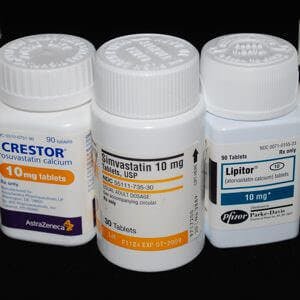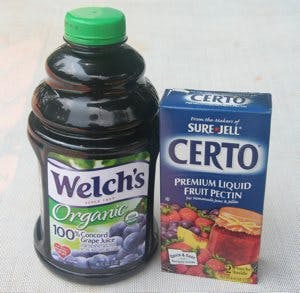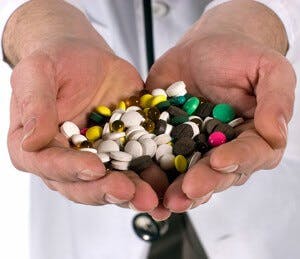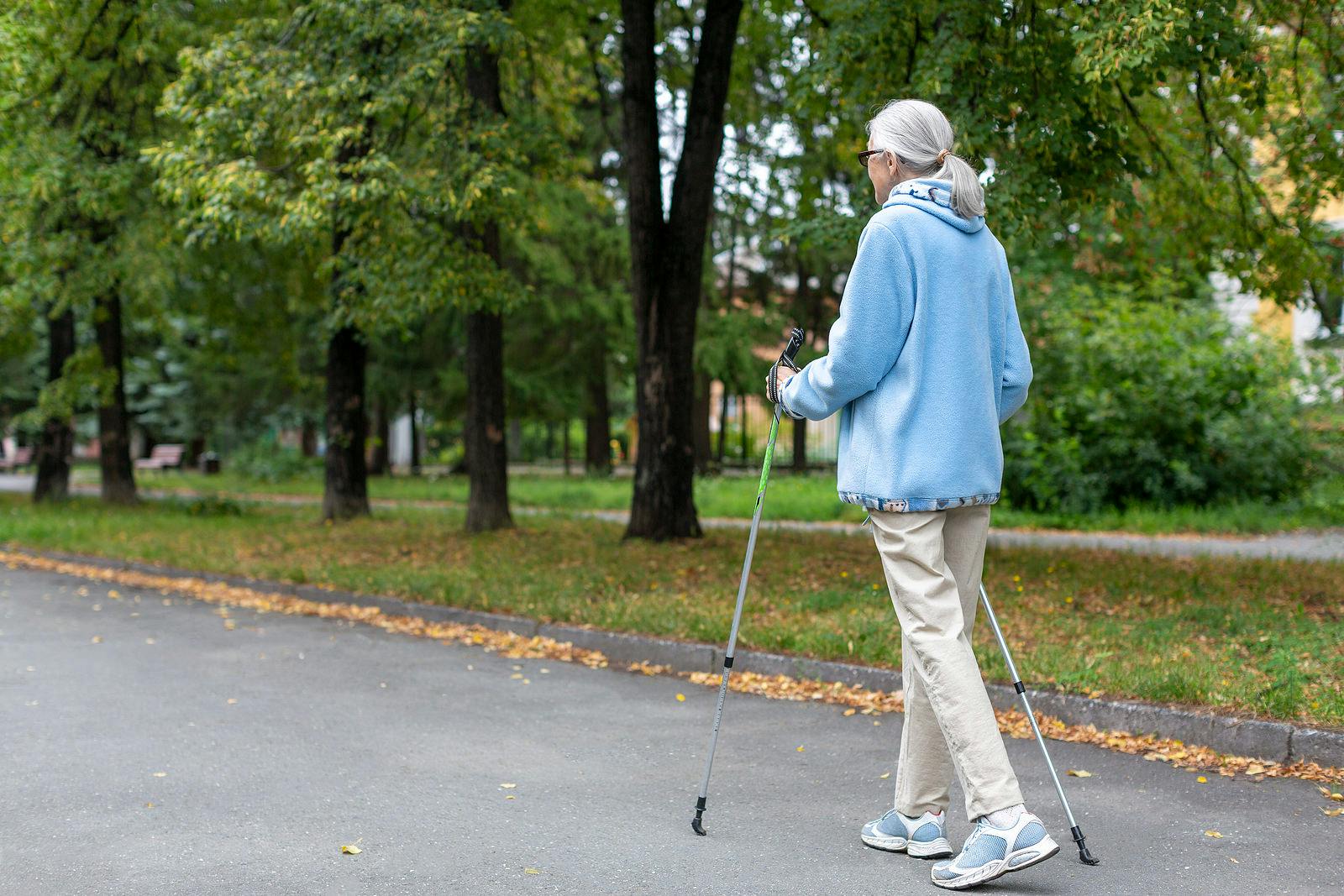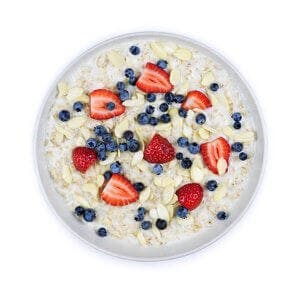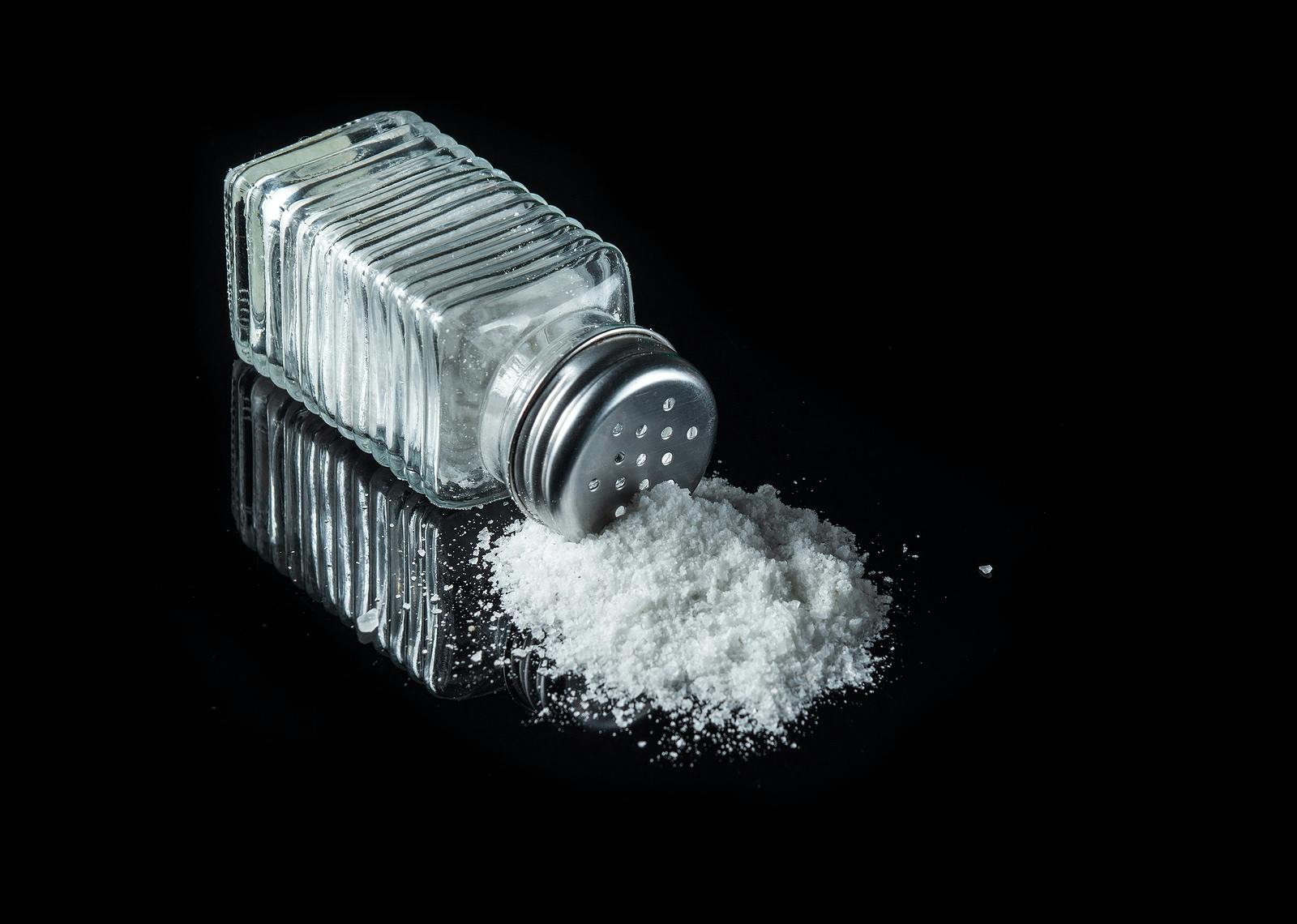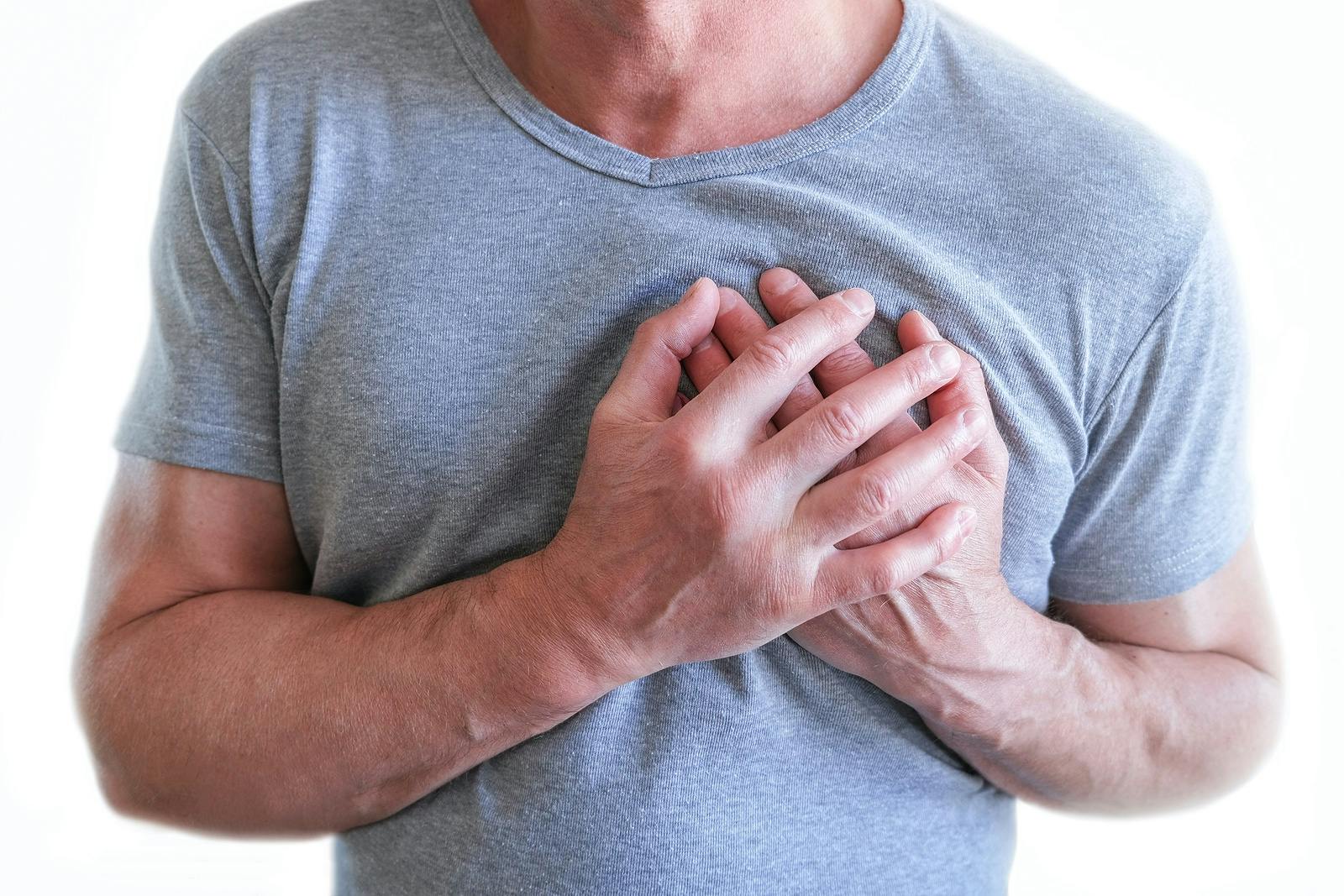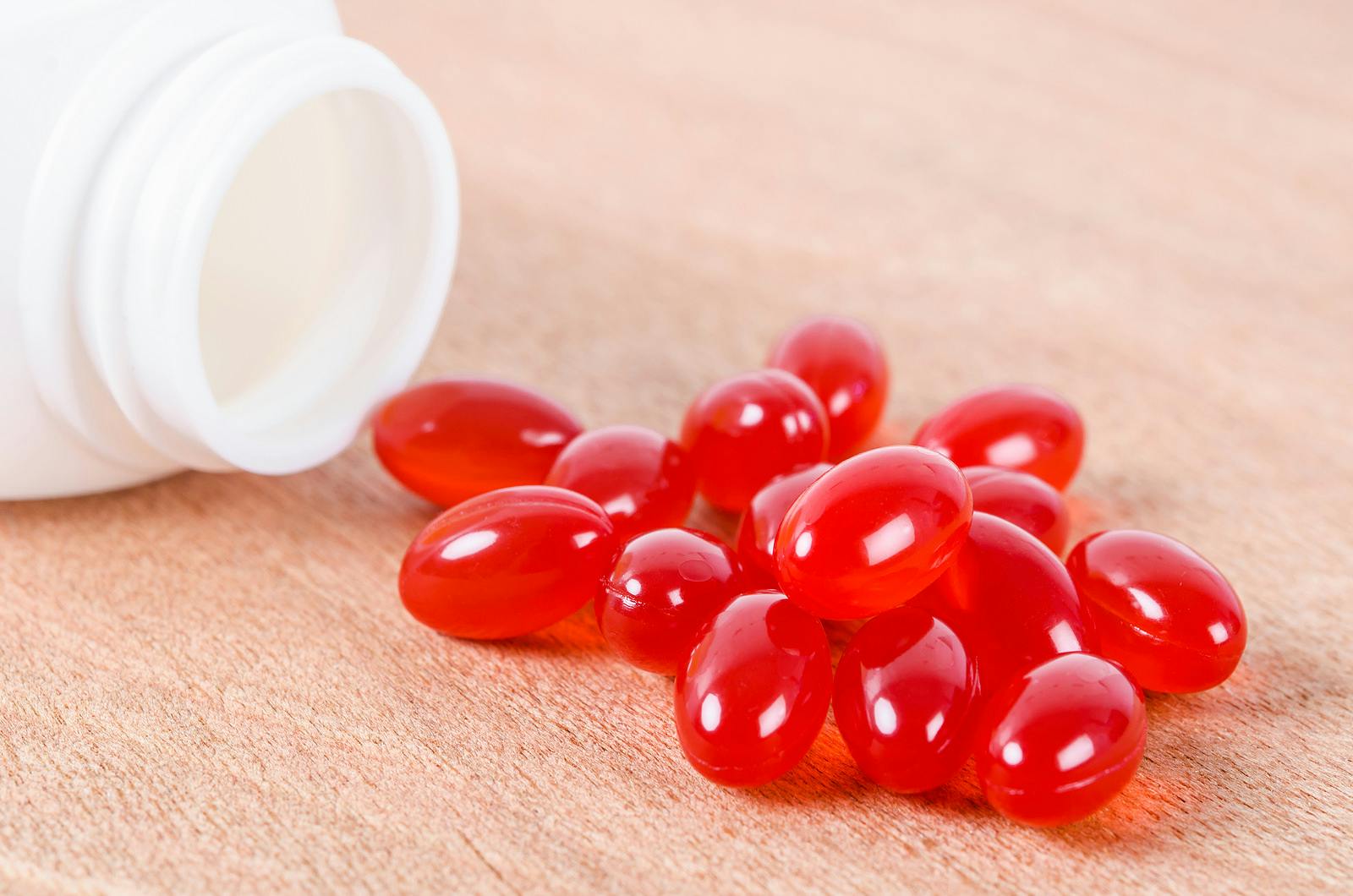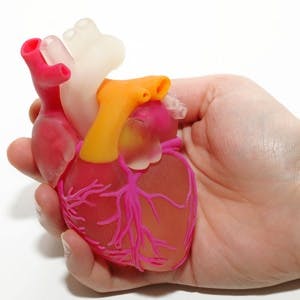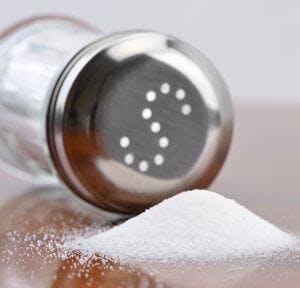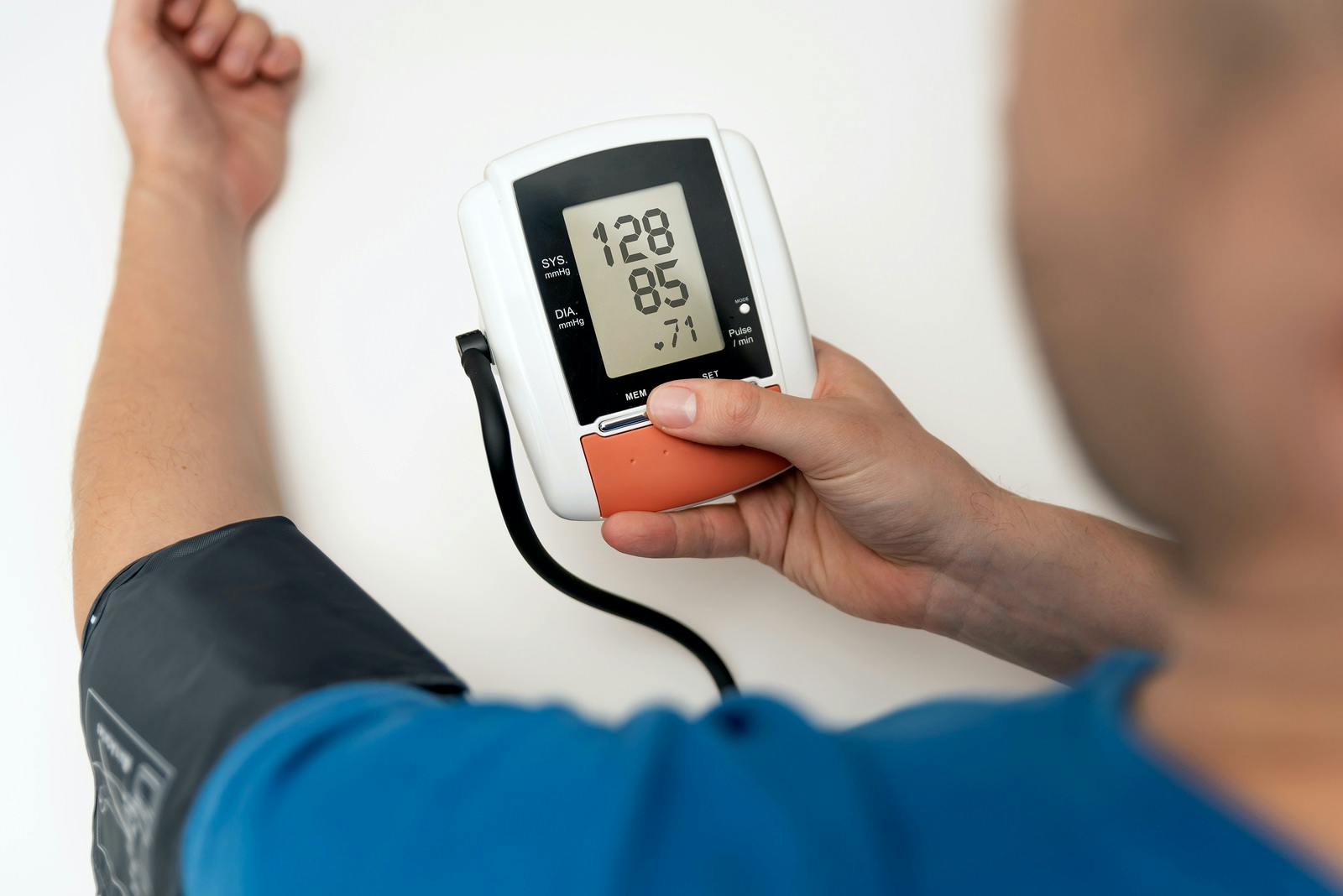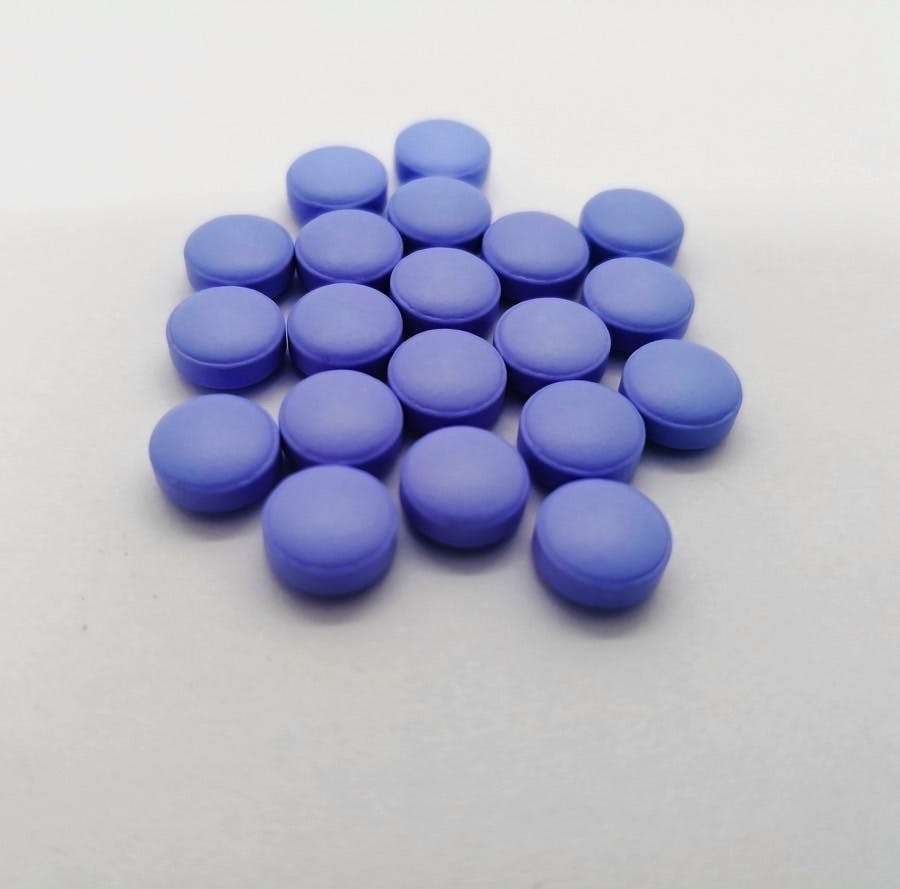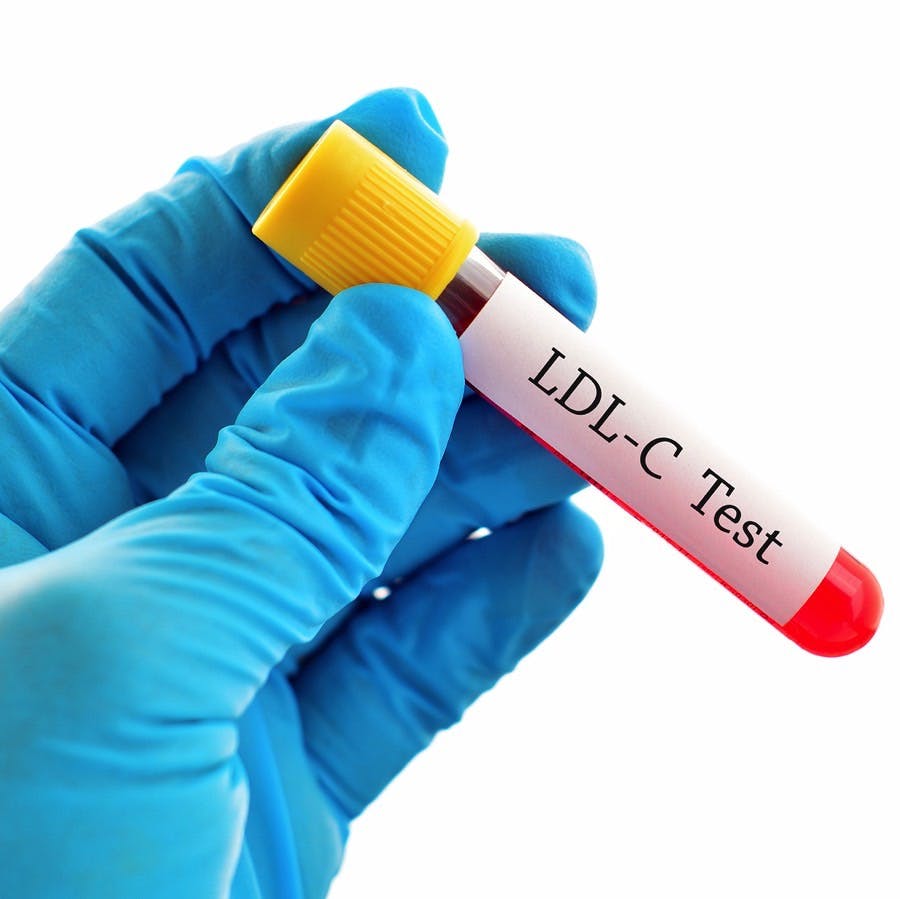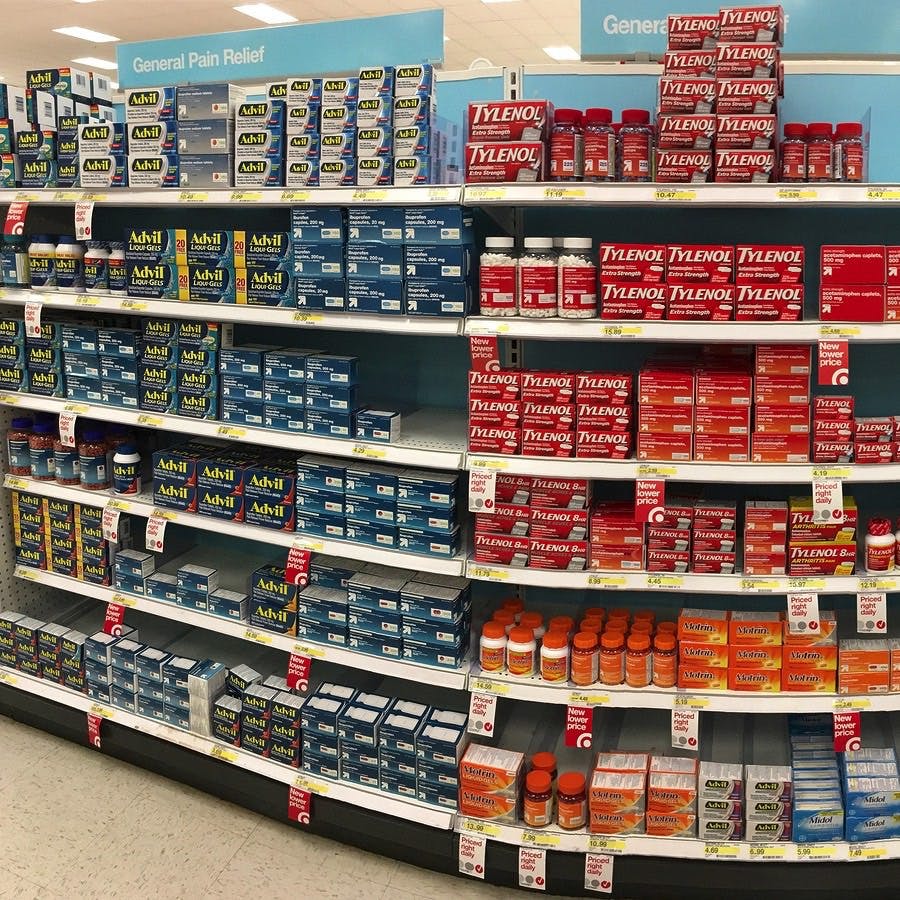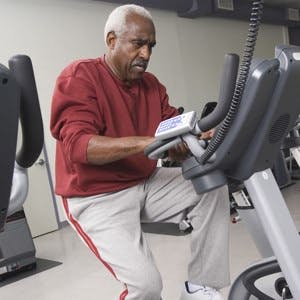Articles categorized as Heart Failure
Chelation Therapy: Hope, Hype, and the Latest Heart Science
EDTA Chelation Therapy remains controversial: TACT and TACT2 offer conflicting results. Does EDTA help the heart—or not? Here’s what we know.
How Clean Indoor Air Could Benefit Your Blood Pressure
Air pollution affects cardiovascular health. Hypertensive people living near highways can lower blood pressure a bit by cleaning indoor air.
Why Is the Sugar Substitute Erythritol Risky?
The non-nutritive sweetener erythritol is popular, but is it safe? Studies show it increases the risk for cardiovascular complications.
If Statins Cause Diabetes, Why Should ALL Diabetics Take a Statin?
Evidence from many studies indicates that statins cause diabetes. Why do doctors downplay this complication? Those at risk should be careful!
Sugar-Sweetened Beverages Carry Serious Cardiovascular Risks
Studies suggest people drinking more sugar sweetened beverages are at higher risk for type 2 diabetes, stroke and heart failure.
Wegovy or Ozempic: Semaglutide to Prevent Heart Attacks & Alcohol Misuse?
Ozempic and Wegovy are household names. What about semaglutide to prevent heart attacks and reduce cravings for alcohol, sugar and opioids?
Are Non-Sugar Sweeteners a Healthy Choice?
Non-sugar sweeteners may not offer the expected health benefits. In fact, sugar substitutes may increase inflammation or blood clotting.
Show 1421: Is Lp(a) the Heart Risk No One Talks About?
A lack of medications to lower it may have made Lp(a) the heart risk factor no one talks about. What should you know about it?
What Is the Difference Between Healthspan and Lifespan?
The US has a large gap between healthspan (years free of disease and disability) and lifespan (total years lived). Exercise could improve it.
If Acetaminophen Is Killing People, Why Should You Trust Tylenol?
Is Tylenol trustworthy? Acetaminophen is probably harder on the liver, stomach and kidneys than most people think, especially for older folks
What’s in Your Frying Pan? Omega-6 or Omega-3 Oils?
Seed oils from corn or soybeans have been linked to higher risk for cancer. Omega-3 oils from avocado, fish or olives seem safer.
How Can You Overcome the Harms of Sitting Too Much?
How much time do you spend sitting on average? Chances are it's way too much and it's surprisingly bad for your health. How can you counteract the harm?
Will Certo and Grape Juice Help Your Sore Knees?
Drinking a concoction of the liquid pectin Certo and grape juice appears to ease knee, shoulder or hip pain for many people. Will it help you?
Will Vitamin Supplements Prevent Heart Problems?
A recent study was wrongly interpreted to mean food should not be fortified with B vitamins, especially niacin.
Will Exercise Prevent Heart Failure?
Both men and women who are physically active in middle age or later may be able to prevent heart failure as they grow older.
What Should You Eat for a Healthy Heart?
When you choose what to eat for a healthy heart, pick vegetables, fruits and whole grains, and avoid highly processed fried foods and sugar.
Is Cooked Oatmeal Better for You Than Instant Oatmeal?
Instant oatmeal raises blood sugar more quickly than cooked oatmeal. As a result, people eating it may get hungry sooner.
Does Loneliness Raise Your Risk for Parkinson Disease?
A multi-year study of nearly 500,000 individuals shows that loneliness increases the risk of Parkinson disease significantly.
Hawthorn
Extract of hawthorn flowers, berries or leaves help blood vessels dilate and may be useful in cases of mild heart failure.
Is a Low Salt Diet Dangerous for Your Health?
You have been told that salt is your enemy. But is a low salt diet dangerous for some people? Can too little sodium be life threatening?
The Cardiac Effects of COVID-19 Are Really Scary!
Most people think of the coronavirus as a respiratory illness, but the cardiac effects of COVID-19 are also very worrisome.
Show 1341: Lessons Learned from Long Illness
Millions of Americans suffer with long illness. Conventional medicine doesn't always have treatments for these conditions.
Is It Unhealthy to Drink Unfiltered Coffee?
Unfiltered coffee prepared by boiling or French press methods can raise cholesterol. Filtered coffee has numerous health benefits.
Is Coffee Really Bad for You?
Studies show that coffee drinkers are less likely to get heart failure or die of heart disease. Unfiltered coffee, though, is bad for you.
CoQ10 Has Heart Benefits
Readers' reports that the dietary supplement CoQ10 has heart benefits are supported by scientific studies.
Will Adequate Magnesium Keep Your Heart Healthy?
A long-term study of atherosclerosis revealed that adequate magnesium is critical for good heart health. A supplement could help.
Could Your Pain Reliever Hurt Your Heart?
Regular use of NSAIDs like diclofenac or ibuprofen might hurt your heart and result in heart failure. Those with type 2 diabetes are at risk!
People with Heart Failure Suffer on Low Sodium Diet
Studies suggest that heart failure patients following a low sodium diet are more likely to die or be hospitalized than those on regular fare.
Is Napping Good for Your Health or Bad for Your Health?
Are you a snoozer? Do you worry about the health consequences of napping during the day? Worry no more. The latest research suggests it may be good for you.
How to Boost Your Cardiovascular Health with Cocoa Compounds
Cocoa compounds can increase blood vessel flexibility and help them relax. That lowers blood pressure and improves cardiovascular health.
Intermittent Fasting for Better Heart Health
People who practice intermittent fasting even once a month have better heart health. They are less likely to develop heart failure or die prematurely.
What Is the Best Time to Go to Sleep?
A big study in the UK found that people who go to sleep between 10 and 11 pm have the lowest likelihood of cardiovascular problems.
Do You Really Have High Blood Pressure?
People who have high blood pressure in the doctor's office may need to confirm that it is sustained throughout the day with home blood pressure measurement.
Getting Systolic Blood Pressure Under 130 Makes a Difference
Studies demonstrate that lowering systolic blood pressure under 130 mm mercury can reduce cardiovascular complications.
Why Don’t Weights on Doctors’ Scales Agree?
A 5-pound difference among weights measured on doctors' scales in the office suggests a lack of attention to detail and accuracy.
The FDA Fails on Ventilators, CPAP Machines & Heart Pumps
Seriously ill COVID patients depend on ventilators. Others require defibrillators or CPAPs. The FDA fails us on oversight of medical devices.
How to Choose Whole Grains for a Longer Life
Analyses of many long-term studies shows that eating whole grains for a longer life works best when people get at least three servings a day.
Colchicine from Crocus Helps Protect Heart
Low doses of an old gout medicine, colchicine from crocus, reduces inflammation and helps people with chronic heart disease.
Show 1187: Are Supplements Really a Waste of Time?
Many people take supplements. A major review last summer concluded, though, that they are a waste of time for heart disease. Is that really true?
Show 1182: How You Can Use Exercise as Medicine
Doctors who use exercise as medicine offer personalized prescriptions for activity. This can be as powerful as medications for promoting health.
Home Blood Pressure May Be Better Than Clinic
Home blood pressure measurement predicts complications of hypertension more accurately than clinic measurements.
Could Soft Drinks Be Killing You?
A large European study found that people who usually had two soft drinks a day were more likely to die prematurely than those who had less than one a month.
Is Your Diet Putting You at Risk for Heart Disease?
Vegetarians have a lower risk for heart disease than meat eaters. However, they have a slightly higher chance of suffering a stroke.
How Soon Do Smokers Benefit from Quitting?
A careful study shows that smokers benefit from quitting. It may be more than a decade, though, before their risk of heart attacks drops to normal.
Will Eating Your Vegetables Ward Off Heart Failure?
Just one cup of green veggies daily can help. People whose diets most closely approximate the DASH diet guidelines are better able to ward off heart failure as they age.
Show 1160: How Good Is the Evidence for Cutting Salt?
Cutting salt from our diets has been dogma for many years. Yet there is not very much evidence to support the extreme efforts some people make.
Physicians Finally Fed Up With the FDA and ARB Recalls!
The ARB recalls have generated surprisingly little outrage from physicians and pharmacists. But a perspective in the NEJM reveals that some docs are upset!
The Law of Unintended Consequences Strikes Hospital Patients
The Hospital Readmissions Reduction Program (HRRP) was supposed to save lives. But the law of unintended consequences struck. Why are patients dying faster?
Unbelievable! Yet Another Drug Recall | Amlodipine Plus Valsartan
The FDA has issued yet another drug recall because of contamination with a probable cancer causing chemical. It involves amlodipine plus valsartan. Enough!
Why You Can Die of a Broken Heart
People experiencing severe grief or depression because of bereavement have elevated levels of inflammation. This could contribute to broken heart syndrome.
Do People Who Eat Fish Grow Old More Healthfully?
A long-running study suggests that people who eat fish and shellfish regularly are less prone to chronic disease as they age.
Statins Fail to Help Healthy Older People
A study in older Spanish people found that statins fail to prevent heart attacks and strokes in people over 75 unless they have type 2 diabetes.
Was Aspirin to Blame for Leaky Heart Valve?
A leaky heart valve is a mechanical problem. Nonetheless, it makes sense to let your health care providers if you are taking aspirin or any other OTC drug on a regular basis.
The Dangers of Diclofenac and Other NSAID Pain Relievers
A Danish study reviews the dangers of diclofenac and finds that it can harm the heart and digestive tract. Are topical NSAIDs like Voltaren Gel any safer?
When Is High LDL Cholesterol a Problem?
A study of low-risk individuals that ran for more than a quarter of a century found that even in these people, high LDL cholesterol can shorten life expectancy.
High Protein Diet Is Linked to Heart Failure Risk
Finnish men who ate a lot of animal protein had a slightly higher heart failure risk than those who followed low-protein diets.
No Study Support for Fish Oil Soothing Dry Eyes
Although fish oil has a reputation for soothing dry eyes, a recent randomized controlled trial found that placebo capsules of olive oil worked just as well.
Coffee Drinkers Lower Their Chances of Heart Failure
Coffee drinkers had lower chances of heart failure or stroke with every cup they drank during the week.
Is It Safe to Use a Sauna If You Have High Blood Pressure?
People who frequently use a sauna bath have lower blood pressure, fewer colds or flu and a reduced likelihood of dementia.
Should You Add Meditation to Your Medication?
The American Heart Association has issued its first guidelines on meditation. Although the supporting data should be stronger, the practice is promising.
Show 1085: The Statin Standoff and New Drugs for the Heart
Cardiologists don't agree on how well statin cholesterol-lowering drugs work to prevent heart disease. What do you know about the statin standoff?
Is There a Link Between Poverty and Heart Disease?
A study of 17,000 American adults shows that heart disease rates have dropped significantly only for the affluent, not for people living in poverty.
Really Bad News About Ibuprofen, Naproxen and Other NSAIDs
People in pain do NOT want to hear bad news about ibuprofen, naproxen or other NSAIDs. To take such drugs safely, people must know the risks!
Should You Take Fish Oil to Protect Your Heart?
If you have heart failure or coronary heart disease, the American Heart Association recommends that you take fish oil to protect your heart.
Why Is a Magnesium-Rich Diet So Good for You?
Eating magnesium-rich foods like nuts and dark green leafy vegetables can cut your chance of heart failure, diabetes or stroke.
High Prescription Drug Prices: Bargaining for your Life?
Have you checked prescription drug prices lately? They are skyrocketing! Insurance companies often force you to buy generics. How can you get a better deal?
Are ALL Arthritis Drugs Including Celebrex Risky for the Heart?
Tens of millions of people take NSAIDs like ibuprofen and naproxen every day to ease pain. Is celecoxib (Celebrex) safer or just as bad for the heart?
What Vitamins and Minerals are in the Cardio Formula?
Here are the vitamins and minerals that make up the ingredients in our supplement formula designed for people concerned about heart health.
Should the “Salt Is Safe” Heretics Be Burned at the Stake?
Salt is safe and saturated fat won't kill you. Such heretical messages contradict decades of public health dogma. What does the latest research have to say?
How Vitamin D Could Help Heart Failure
A preliminary study shows that a vitamin D supplement can help heart failure by improving how much blood is pumped.
Could Digoxin Protect Your Heart Two Ways?
Research in mice shows that digoxin, a drug derived from foxglove, lowers cholesterol and eases inflammation to reduce plaque in arteries.
What Is the Downside of a Low-Sodium Diet?
Following a low-sodium diet too rigorously can put vulnerable older people at risk of confusion and other complications of hyponatremia.
Do Bad Bacteria in the Intestines Harm the Heart?
When bad bacteria outnumber the beneficial ones in our intestines, there may be serious consequences for people with heart failure.
Patients Want Doctors to Look at Them, Not the Computer Screen
To communicate well with patients, doctors need to be wary of spending much of an office visit looking at a computer screen instead of at the patient.
Soft Drinks Linked to Heart Failure in Swedish Men
Men who regularly consumed about two soft drinks a day were more likely to develop heart failure during this decade-plus cohort study.
Beet Juice Strengthens People with Heart Failure
The nitrate content of beet juice has been shown to boost endurance in athletes; a new study shows that people with heart failure also benefit.
HIIT Undid Heart Damage from Diabetes
Three months of high-intensity intermittent training (HIIT) was able to improve heart function in men with type 2 diabetes.
Could Gratitude Help the Heart Grow Stronger?
In one study, people with heart failure who reported more feelings of gratitude had better health than those who rarely experienced gratitude.






